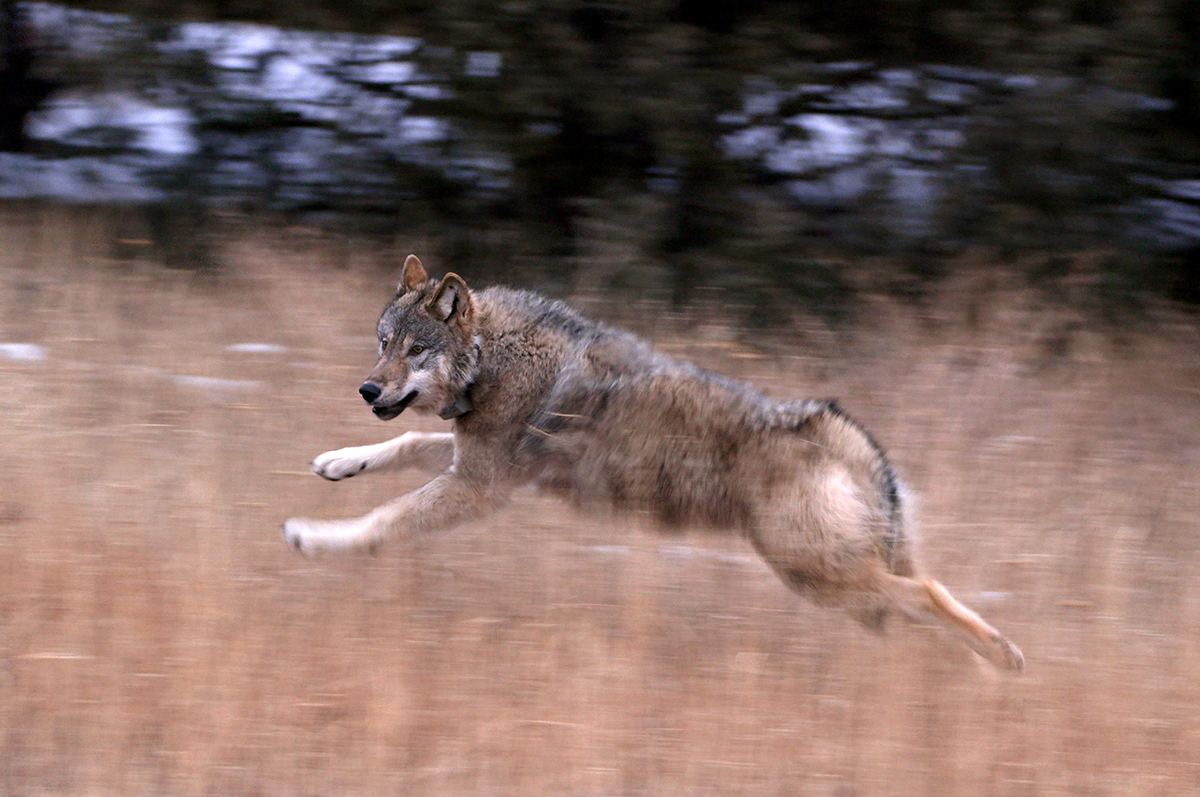Anti-hunting extremists are at it yet again in Colorado. Two months after filing an eyebrow-raising potential ballot measure that would jeopardize proven wildlife management, the same group filed another one. This time, the extremists want Coloradans to pay the bill for it – a perpetually expensive bill to the tune of about $150 million a year in taxes plus additional startup costs.
In April 2025, activists Jessica Presso and Cameron Porter, whose supporting organizations were not named, filed Initiative 82. Known as the Colorado Wildlife & Biodiversity Protection Act, it would create a new group of individuals independent of state government oversight that would basically replicate what the Colorado Parks and Wildlife Commission is already doing, such as setting wildlife management and state recreational program policies and regulations. The group would have a focused emphasis on taking steps to heighten legal protections overseeing the survival of “keystone species” – in other words, wolves and possibly other predators.
During that first meeting, the Colorado Legislative Council Staff informed applicants that the creation of the new commission is unconstitutional because the formation of such an entity cannot operate independently of the existing government structure. The staff later followed up with proponents by highlighting several pages of missteps, critiques and mistakes in the proposal.
However, that did not deter extremists from filing another proposal in June. Initiative 98, titled Colorado Working Lands and Wildlife Corridors Act, calls on taxpayers to pay for Initiative 82. How much? It stipulates a startup appropriation of $5 million from the state’s General Fund, plus a .05 percent sales tax to the tune of approximately $150 million annually.
Proponents must satisfactorily address shortcomings in their proposals before going forward. Plus, the Colorado Secretary of State’s office would have to give approval for the collection of citizen signatures for the 2026 ballot.
This route is a familiar one for activists. In 2020, such groups gathered signatures for a ballot measure to forcibly introduce wolves into Colorado. Citing the recklessness of ballot box biology, the Rocky Mountain Elk Foundation strongly opposed and provided more than $300,000 to educate the public. Originally predicted to pass by an 80-20 margin, it ultimately passed by less than 2 percent. The subsequent wolf introduction program continues to face many obstacles and public relations black eyes including high costs, capturing and later recapturing wolves, animals that wander outside the state border and confirmed wolf kills as of June 20, 2025, of 42 cattle, 12 sheep, one llama and four dogs.
In 2024, proponents qualified an anti-wildlife management measure to ban the hunting of mountain lions and bobcats. RMEF worked alongside Colorado partners and supplied more than $340,000 to educate the public, which decisively rejected it.
(Photo credit: Colorado Parks and Wildlife)
